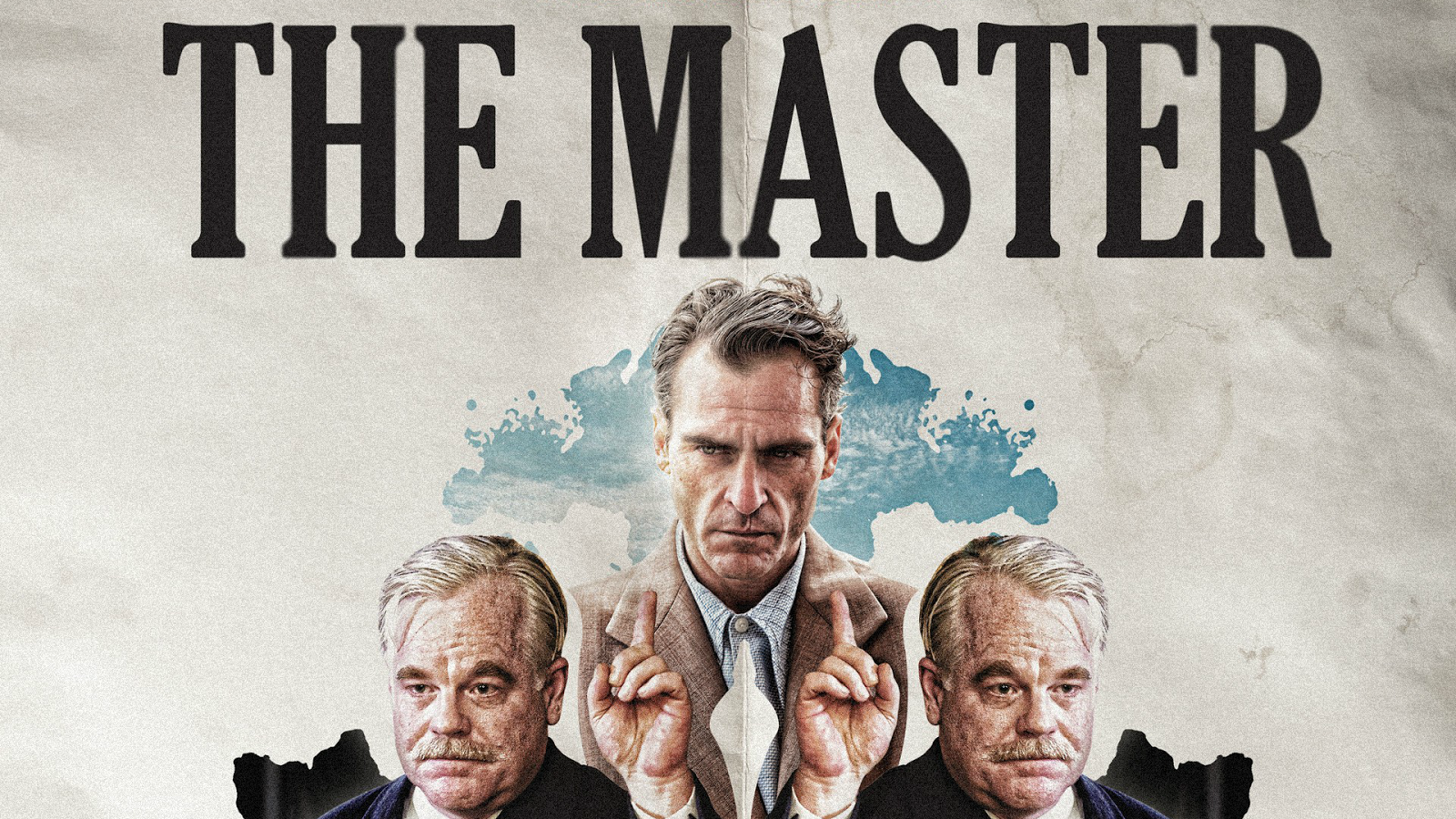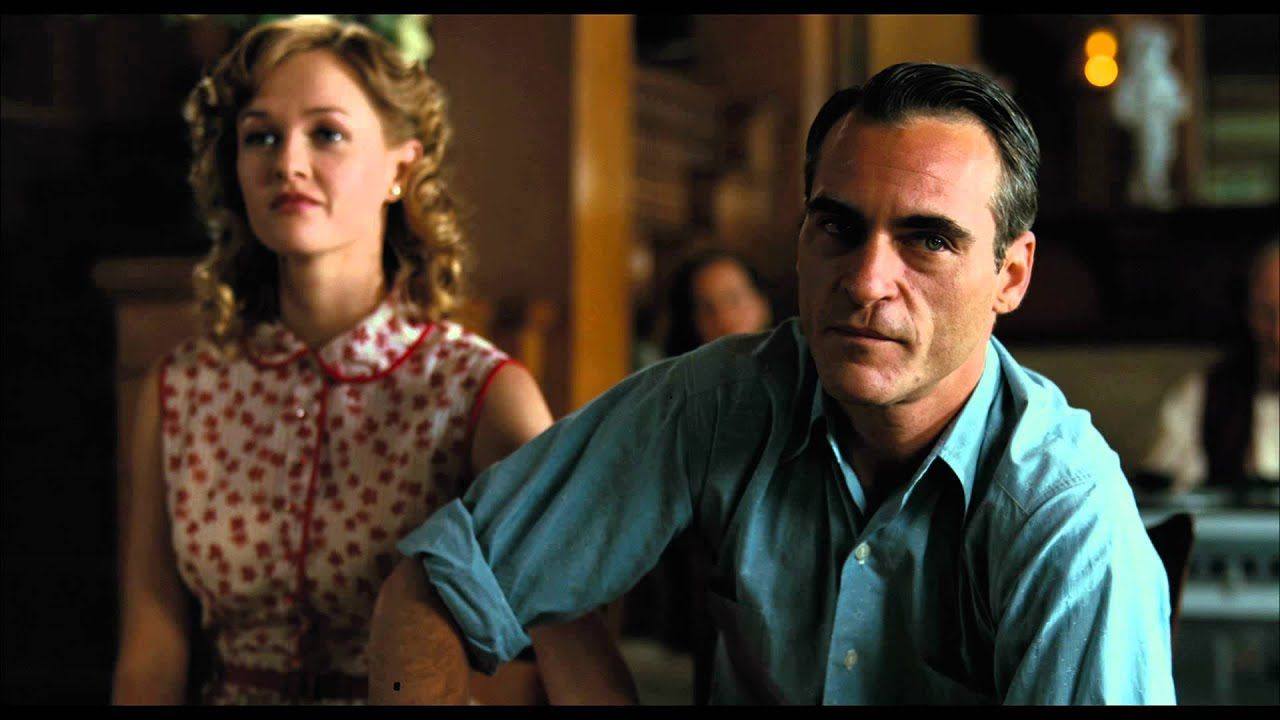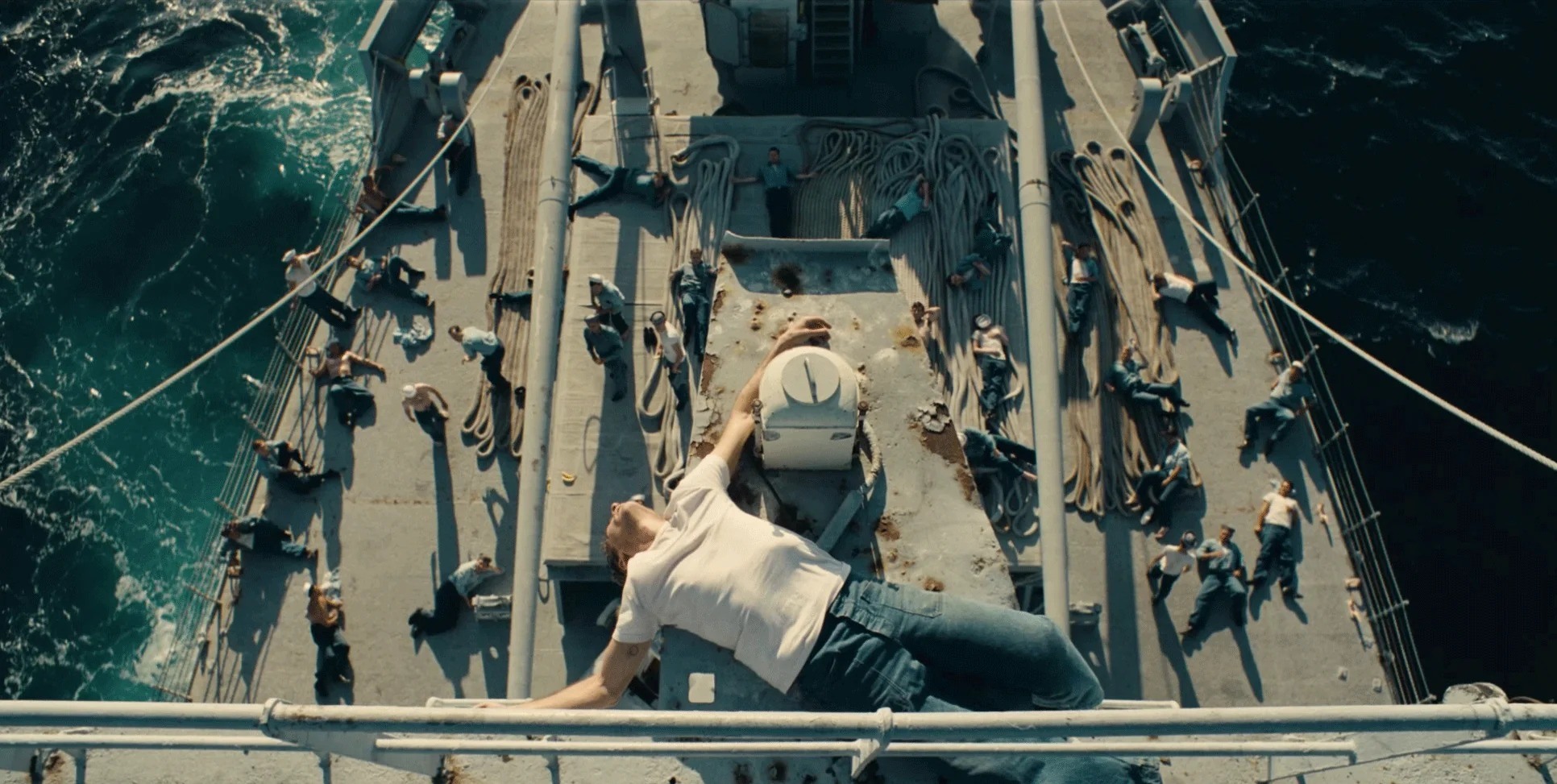The Master (2012)

The Master is a 2012 American psychological drama film written and directed by Paul Thomas Anderson. Starring Joaquin Phoenix, Philip Seymour Hoffman, and Amy Adams, the film delves into themes of power, control, and human vulnerability. Set in the post-World War II era, The Master follows the complex relationship between a troubled war veteran and a charismatic leader, exploring the dynamics of faith, manipulation, and personal redemption.
The film centers on Freddie Quell (Joaquin Phoenix), a former soldier struggling to adjust to civilian life after World War II. He is an unstable and lost individual, prone to violence and self-destructive behavior. His life takes a turn when he meets Lancaster Dodd (Philip Seymour Hoffman), the leader of a philosophical movement known as “The Cause.” Dodd takes Freddie under his wing, offering him a sense of purpose, but their relationship quickly becomes one of manipulation, control, and psychological tension. The film also features Peggy Dodd (Amy Adams), Lancaster’s wife, who plays a key role in maintaining the power dynamics within the movement.
Joaquin Phoenix’s portrayal of Freddie Quell is central to the film’s exploration of internal struggle and alienation. Freddie’s emotional and psychological wounds make him a compelling and tragic character. Philip Seymour Hoffman’s Lancaster Dodd, the self-assured and manipulative leader of “The Cause,” presents a complex figure who exudes charm and power while hiding deep insecurities. Amy Adams plays Peggy Dodd, a strong-willed and calculating woman who supports her husband’s mission while controlling the inner workings of their movement. The interplay between these three characters forms the core of the film’s narrative.

The Master explores several profound themes, most notably the quest for meaning and identity in the face of personal trauma. Freddie’s search for belonging and stability after his harrowing experiences in the war leads him to Dodd’s movement, which promises him a sense of purpose. The film also addresses the dynamics of power and control, as Lancaster Dodd uses Freddie’s vulnerability to manipulate him into becoming a loyal follower. Furthermore, the film touches on the nature of belief systems and how they can be used to exploit individuals, particularly those in emotional distress.

One of the most striking aspects of The Master is its cinematography, crafted by Robert Elswit. The film features stunning visuals, including long, immersive shots that draw the audience into the psychological and emotional landscapes of the characters. Paul Thomas Anderson’s direction is meticulous, allowing the story’s slow-burning tension to build through subtle interactions and layered performances. The film’s pacing is deliberate, creating a sense of unease and uncertainty as the characters’ motivations and relationships unfold in a quiet yet intense manner.

In conclusion, The Master is a powerful and thought-provoking film that explores themes of identity, power, and psychological manipulation. The exceptional performances from Joaquin Phoenix, Philip Seymour Hoffman, and Amy Adams elevate the film to an extraordinary level, capturing the complexity of human nature and the emotional struggles of the characters. With its striking cinematography and careful direction by Paul Thomas Anderson, The Master is a compelling drama that leaves a lasting impression on its audience, offering a profound commentary on the human need for belonging and the dangers of blind devotion.










